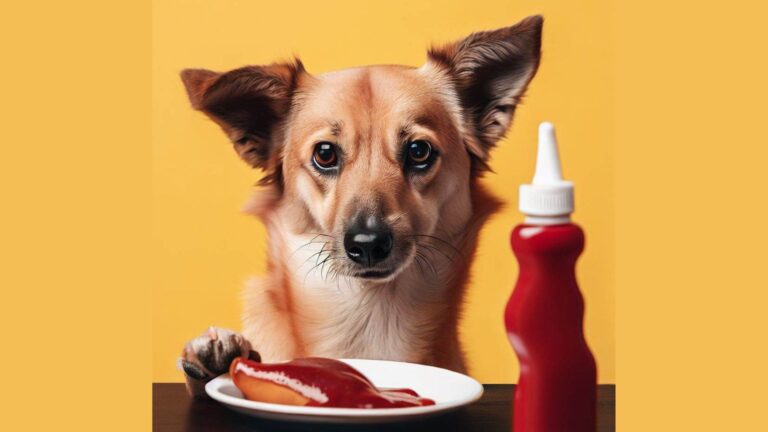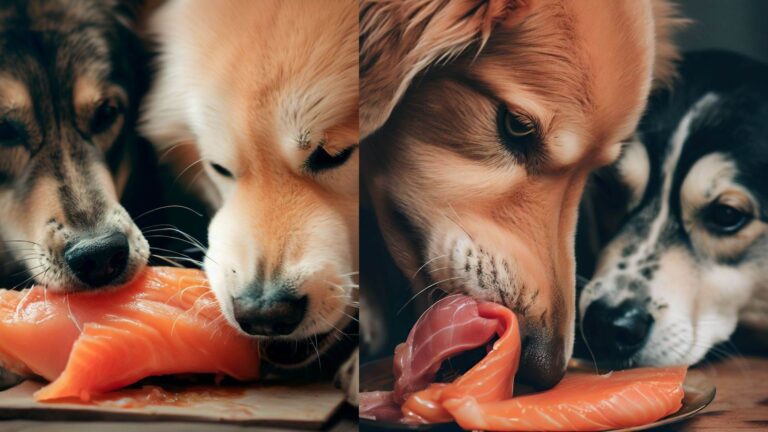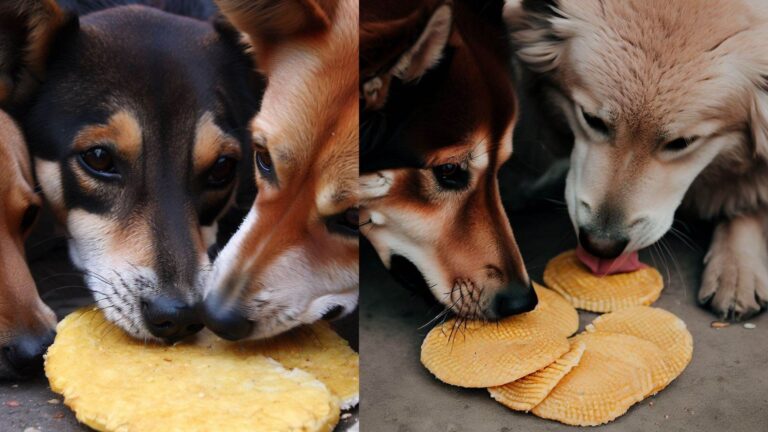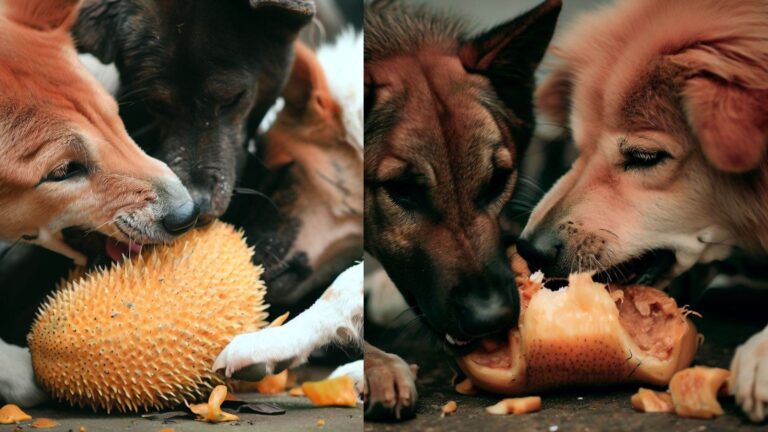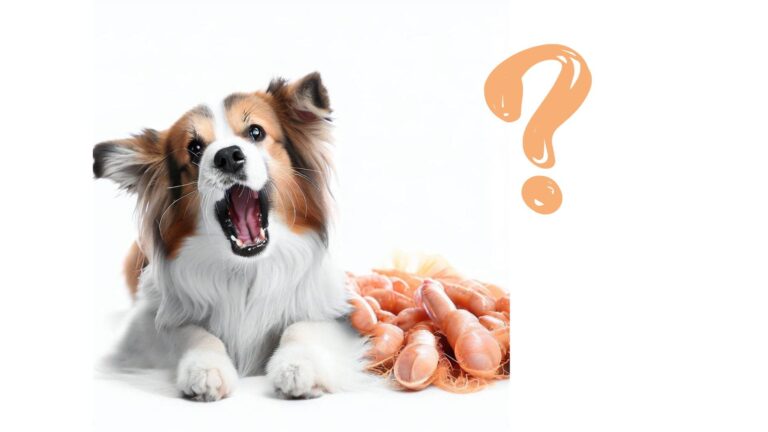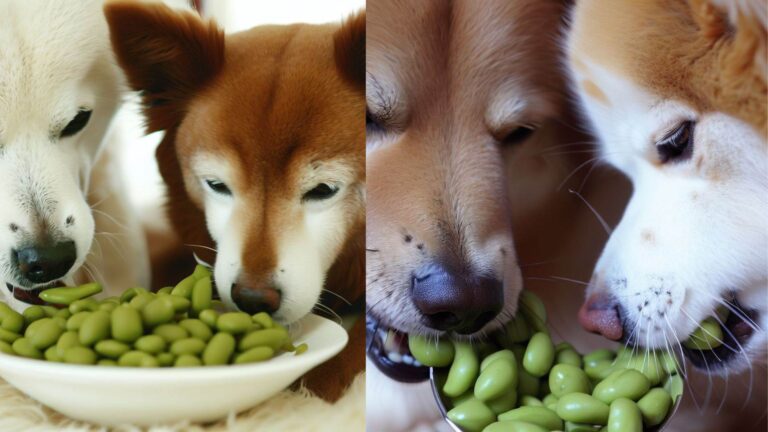As a dog owner, it’s natural to want to share your favorite foods with your furry companion. However, it’s important to remember that not all human foods are safe for dogs. One such food that may be a cause for concern is black-eyed peas. In this blog post, we will explore whether or not dogs can eat black-eyed peas and what precautions you should take when feeding them to your furry friend.
Table of Contents
What are Black-Eyed Peas?
Black-eyed peas are a type of legume that originated in Africa and are now commonly consumed in many parts of the world. They are often used in soups, stews, salads, and rice dishes and are a good protein, fiber, and vitamins source.
Can Dogs Eat Black-Eyed Peas?
The answer to this question is yes, dogs can eat black-eyed peas, but it’s important to do so in moderation. Black-eyed peas are not toxic to dogs and are a good source of protein, fiber, and vitamins, but they can cause digestive issues if consumed in large quantities.
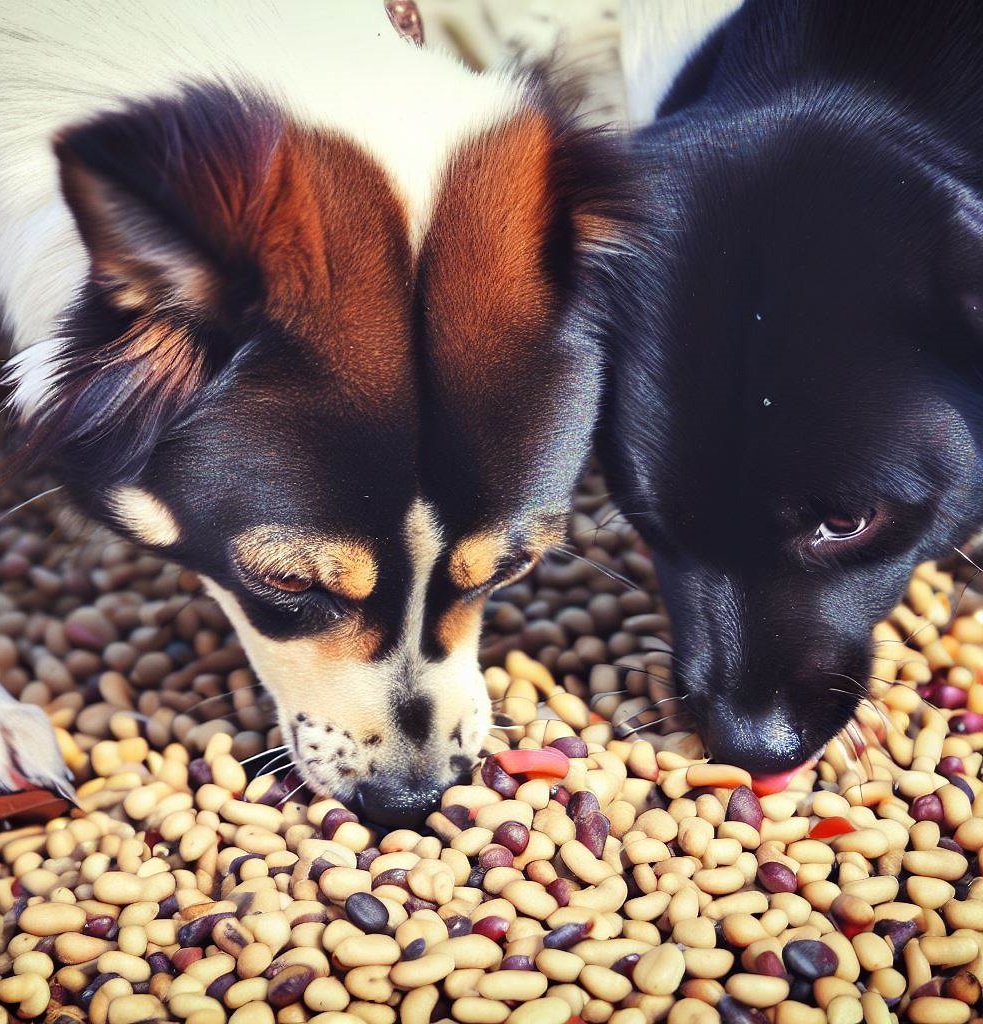
Additionally, if you’re planning to feed your dog black-eyed peas, it’s important to prepare them safely for your dog.
Pros and Cons of eating black-eyed peas for Dogs
Pros
High in Nutrients
Black-eyed peas are a good source of protein, fiber, vitamins, and minerals. Protein is important for building and repairing tissues, while fiber is essential for maintaining digestive health. Vitamins and minerals, such as iron, folate, and potassium, help support overall health and wellbeing.
Good for Digestive Health
Black-eyed peas contain soluble fiber, which can help regulate bowel movements and prevent constipation. The fiber in black-eyed peas also helps feed the beneficial bacteria in the gut, which can improve overall digestive health.
Low in Fat
Black-eyed peas are low in fat, making them a good choice for dogs who need to lose or maintain a healthy weight. The low-fat content makes black-eyed peas easy to digest and less likely to cause digestive upset.
Cons
Cause Digestive Upset
While black-eyed peas are generally safe for dogs, they can cause digestive upset if consumed in large quantities or if not prepared properly. Some dogs may be more sensitive to legumes, which can cause gas, bloating, and diarrhea.
Risk of Choking
Black-eyed peas are small and round, posing a choking hazard for dogs, especially small ones. It is important to ensure that the peas are cooked and soft before feeding them to your dog.
Seasonings and Additives
Black-eyed peas are often seasoned with salt, spices, or other additives when prepared for human consumption. These seasonings and additives can harm dogs and cause digestive upset or even toxic reactions.
Precautions to Take When Feeding Your Dog Black-Eyed Peas
Limit the Quantity
As mentioned earlier, it’s important to feed black-eyed peas to your dog in moderation. This means you should limit the quantity of black-eyed peas you feed your dog. A good rule of thumb is to offer your dog a small amount of black-eyed peas as a treat rather than a meal.
Avoid Spices and Seasonings
When preparing black-eyed peas for your dog, it’s important to avoid adding any spices or seasonings. Most spices and seasonings used in human food can harm dogs and cause digestive upset or even toxic reactions.
Cook Thoroughly
If you decide to feed your dog black-eyed peas, cooking them thoroughly is important. This will help to break down the tough outer shell of the peas and make them easier for your dog to digest. Additionally, cooking the black-eyed peas will help to eliminate any harmful bacteria that may be present.
Watch for Digestive Upset
Even when fed in moderation and prepared correctly, black-eyed peas can still cause digestive upset in some dogs. Suppose you notice that your dog is experiencing diarrhea, vomiting, or other signs of gastrointestinal distress after eating black-eyed peas. In that case, it’s important to stop feeding them to your dog immediately.
Read More: Can Dogs Eat Jackfruit?
FAQs
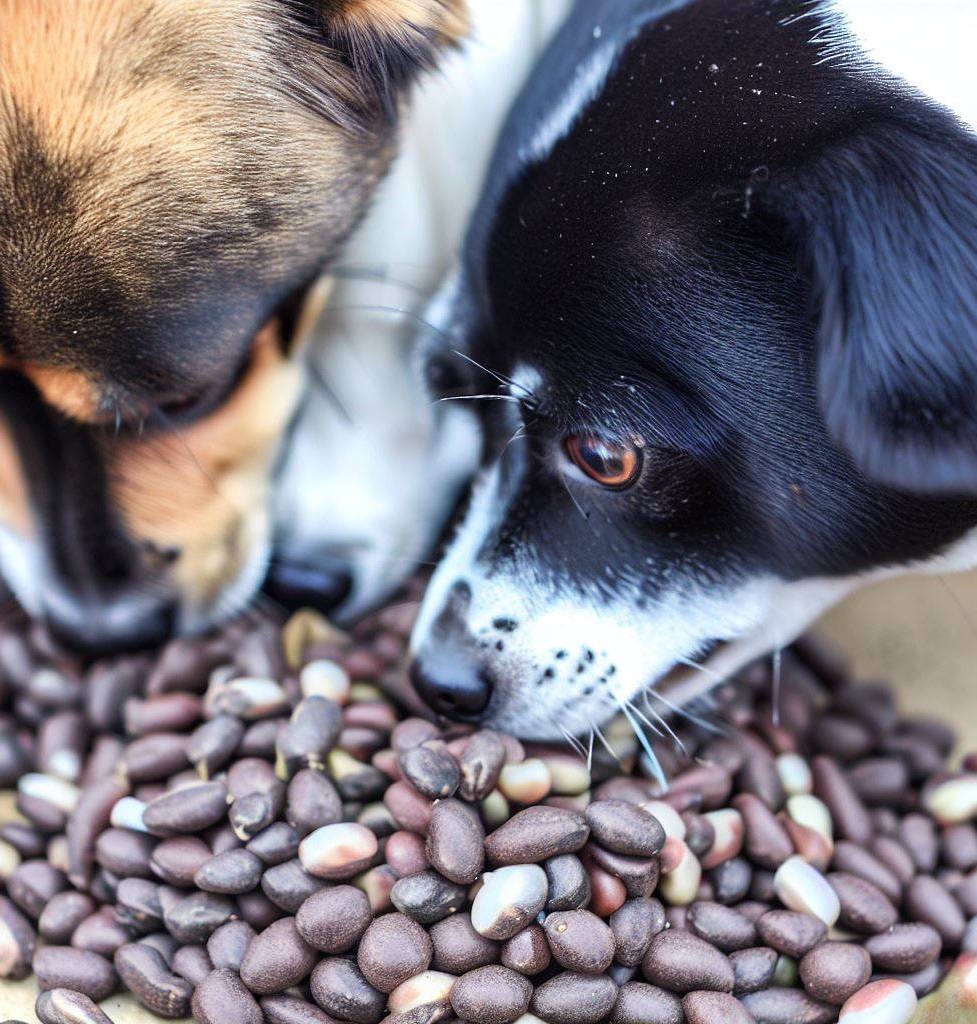
Can dogs eat black-eyed peas?
Yes, dogs can eat black-eyed peas in moderation, but it is important to prepare them in a way that is safe for your dog.
How do you cook black-eyed peas?
Black-eyed peas can be cooked by boiling them in water for 45-60 minutes until they are tender.
What are the nutritional benefits of black-eyed peas?
Black-eyed peas are a good source of protein, fiber, vitamins, and minerals such as iron, folate, and potassium.
Are black-eyed peas gluten-free?
Yes, black-eyed peas are gluten-free and can be a good alternative to other grains and legumes for people with gluten intolerance.
Can black-eyed peas cause gas?
Black-eyed peas can cause gas in some people due to their high fiber content, but soaking them before cooking can help reduce gas.
Are canned black-eyed peas healthy?
Canned black-eyed peas can be a convenient and healthy option as long as they are low in sodium and do not contain any added sugars or preservatives.
How should I store black-eyed peas?
Black-eyed peas should be stored in an airtight container in a cool, dry place.
Can you freeze black-eyed peas?
Yes, cooked black-eyed peas can be frozen for up to 6 months. It is best to store them in an airtight container or freezer bag.
How can I use black-eyed peas in my cooking?
Black-eyed peas can be used in various dishes, such as soups, stews, salads, and rice dishes. They can also be mashed and formed into patties or used as a filling for tacos or burritos.
Can dogs eat black-eyed peas and rice?
Yes, dogs can eat black-eyed peas and rice if properly cooked and served in moderation. Black-eyed peas and rice can be a nutritious and tasty addition to your dog’s diet. However, avoiding adding seasonings, spices, or salt to the dish is important, as these can harm your dog’s health. It is also
Can dogs eat black-eyed peas and cabbage?
Dogs can eat black-eyed peas and cabbage in moderation, as both are safe and nutritious foods. Black-eyed peas are a good source of protein, fiber, vitamins, and minerals, while cabbage is rich in vitamins C and K, fiber, and antioxidants.
Can dogs eat cooked black-eyed peas?
Yes, dogs can eat cooked black-eyed peas in moderation. Cooked black-eyed peas can be a nutritious and tasty addition to your dog’s diet, as they are a good source of protein, fiber, vitamins, and minerals.
Conclusion
In conclusion, dogs can eat black-eyed peas in moderation, but it’s important to prepare them in a way that is safe for your furry friend. If you feed your dog black-eyed peas, limit the quantity, avoid spices and seasonings, cook them thoroughly, and watch for digestive upset. As always, if you have any concerns about feeding your dog new foods, it’s best to consult with your veterinarian first.

